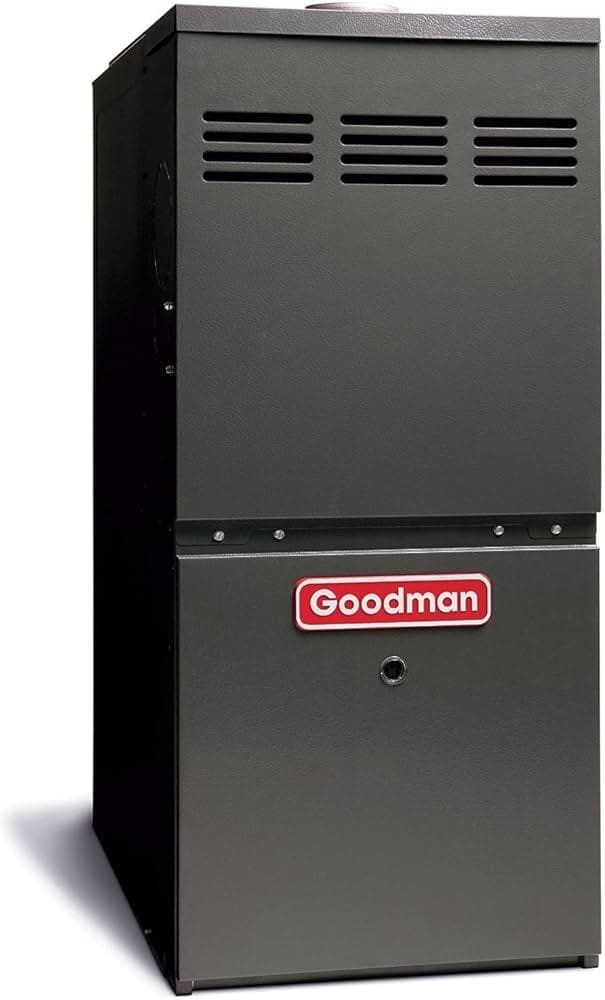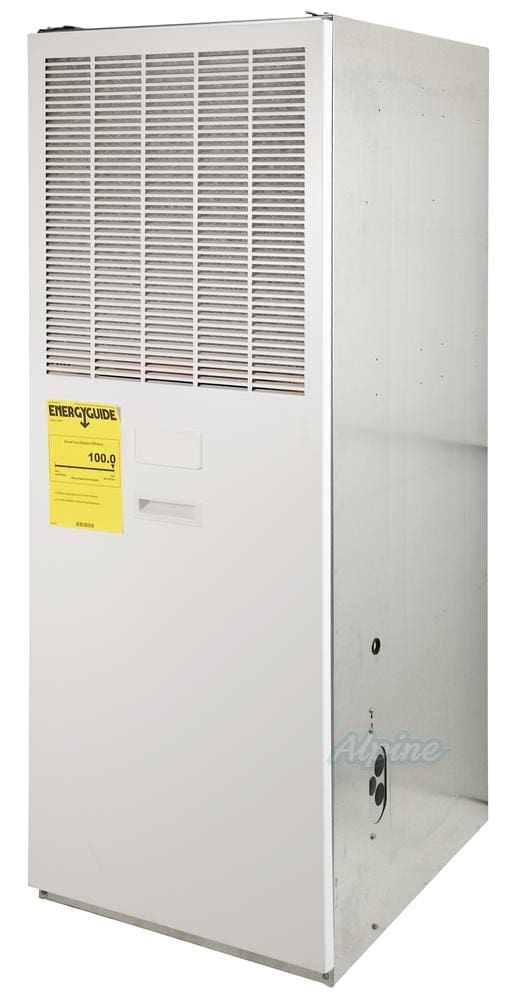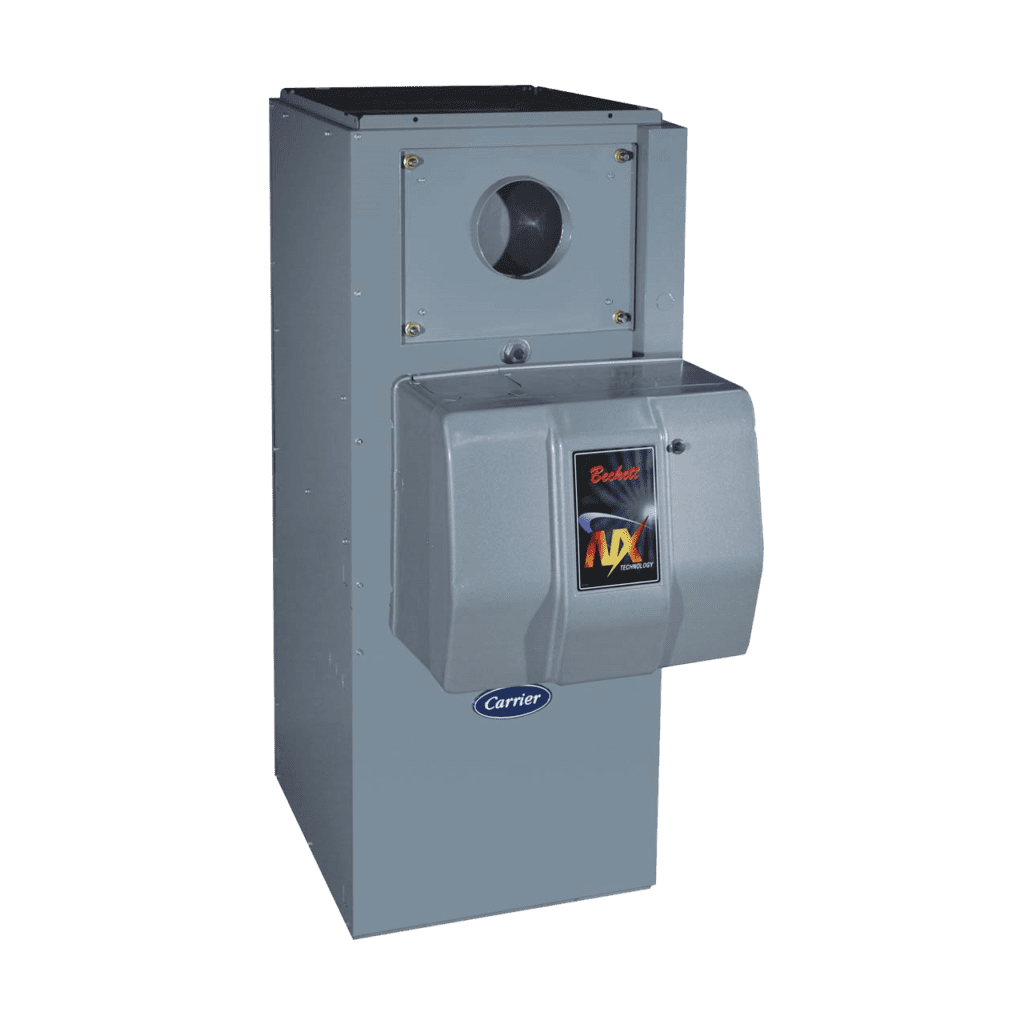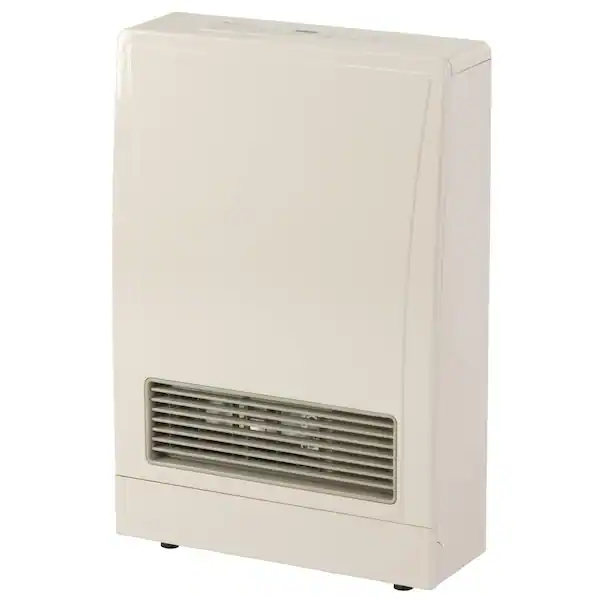The Pros & Cons of Each Type of Heating Category
When it comes to choosing the right type of furnace for your home. It is important to consider the pros and cons of each heating category. Gas furnaces are a popular choice for many homeowners. Because of their high efficiency and relatively low operating costs. They provide quick and even heat distribution, making them ideal for larger homes. However, gas furnaces require a gas line to be installed, which can be an additional cost. Electric furnaces are easy to install and require no fuel other than electricity. They are also quieter than gas furnaces and have lower upfront costs. However, electric furnaces tend to have higher operating costs compared to gas furnaces. Especially in areas with high electricity rates.
Oil furnaces are another option. Especially in areas where natural gas is not readily available. They offer reliable heat output and are generally more affordable than electric furnaces. However, oil furnaces require regular maintenance and the cost of oil can fluctuate. It makes them more expensive to operate in the long run.

Gas Furnaces
Many people like gas furnaces because they're efficient and spread heat well in homes. They work especially well in big houses. Gas furnaces are good because they cost less to run compared to oil or propane furnaces. Natural gas, the fuel they use, is usually cheaper and easy to find. Gas furnaces last a longer, so they're a good investment. But remember, you might need to pay extra to install a gas line if your home doesn't have one. Also, the cost of natural gas can change, affecting how much it costs to use the furnace.
Keeping your gas furnace in good shape is essential. Regular maintenance, like cleaning the burners and checking for gas leaks, is vital. It's best to have a professional HVAC technician inspect your furnace every year for safety and efficiency. Overall, gas furnaces provide both comfort and cost savings, making them a reliable and energy-efficient heating option for many homeowners.
Pros:
- Efficiency Unleashed: Gas furnaces are renowned for their high energy efficiency. They can provide a cozy, warm home without sending your utility bills skyrocketing.
- Fast and Furious: These babies heat up your home like a racecar on a straightaway. Gas furnaces can quickly raise the temperature, making them ideal for colder climates.
- Reliable in Cold Spells: When the polar vortex pays a visit. You'll appreciate the steadfast performance of a gas furnace. They'll keep churning out warmth even in extreme cold.
- Eco-Warrior Approved: Natural gas is considered a cleaner fuel source compared to oil, which can be a greener choice for the environment.
Cons:
- Pricey Installation:. The upfront cost of installing a gas furnace can make your wallet shiver. The need for gas lines and ventilation systems adds to the bill.
- Maintenance Blues: Gas furnaces require regular maintenance to ensure safety and efficiency. Neglecting this aspect can lead to unpleasant surprises.
- Carbon Monoxide Concerns: Gas furnaces produce carbon monoxide, a potentially lethal gas. Proper ventilation and carbon monoxide detectors are non-negotiable.
- Not Everywhere-Friendly: In some regions, natural gas may not be readily available. It's limiting your options for a gas furnace.

Electric Furnaces
Electric furnaces are a cost-effective heating option for homeowners. These furnaces are easy to install and require no fuel source other than electricity. Advantages of electric furnaces is their lower upfront costs compared to gas furnaces. This makes them a more affordable option for those on a tighter budget.
In addition to their affordability, electric furnaces are also quieter than gas furnaces. This can be a significant benefit for homeowners who value peace and quiet in their homes. It's important to note that electric furnaces tend to have higher operating costs. Especially in areas with high electricity rates. This can make them less cost-effective in the long run.
To maximize the efficiency of an electric furnace. It's important to properly size it for your home. Oversized or undersized furnaces can lead to inefficient heating and higher energy bills. Regular maintenance is also crucial to keep an electric furnace running smoothly. Including cleaning the filters and checking the electrical connections is necessary. Overall, electric furnaces are a reliable and affordable heating option for many homeowners. Because it gives a quiet and comfortable heat for their homes.
Pros:
- Easy on the Wallet: Electric furnaces are budget-friendly when it comes to installation. There's no need for gas lines or complex ventilation systems.
- Low Maintenance: Compared to gas or oil furnaces, electric units require minimal maintenance. They're practically set-and-forget.
- Safety First: Electric furnaces don't produce carbon monoxide. And, It reduces the risks associated with this deadly gas.
- Widespread Availability: Electric furnaces is a viable option almost anywhere in the world. In remote areas, you can run them on solar panels.
Cons:
- Higher Operating Costs: While the upfront costs are low, the day-to-day operation can be expensive, particularly in colder climates.
- Slow to Heat: Electric furnaces may take longer to warm your home, so you'll need to be patient when the temperatures drop.
- Carbon Footprint:. Despite being safe from carbon monoxide, electric furnaces are not the greenest option. Most electricity is generated using fossil fuels, contributing to carbon emissions.
- Not for Extreme Cold:. In extremely cold climates, electric furnaces might struggle to provide sufficient warmth.

Oil Furnace
Pros:
- Consistent Warmth: Oil furnaces can provide a steady and reliable source of heat. It could be a good option for colder regions.
- High BTU Output: They generate a substantial amount of heat. quickly raising the indoor temperature, even during frigid weather.
- Fuel Storage: You can stockpile oil for the heating season. It allows you to secure a stable fuel source and potentially save money.
- Durability: Oil furnaces are known for their longevity. They can offset the initial installation costs over time.
Cons:
- Environmental Concerns: Burning oil releases pollutants, contributing to air pollution and climate change. It's not the most eco-friendly choice.
- Pricey Fuel:. Oil prices can fluctuate wildly, causing your heating bills to vary greatly from year to year.
- Space & Maintenance: Oil furnaces require a storage tank for the fuel, which can be bulky. Regular maintenance is essential to prevent breakdowns.
- Installation Complications:. Setting up an oil furnace can be complex. This may require modifications to your home's existing heating system.

Propane Furnaces
Propane furnaces are a good option if you can't get natural gas. They work like gas furnaces, giving you reliable heat. But, you need a storage tank and have to refill it regularly, which can be inconvenient. People in rural areas often use propane furnaces when natural gas isn't an option. Remember, propane prices can change, affecting how much it costs to run a propane furnace.
Regular maintenance is important for a propane furnace. Clean the burners, check the tank and connections, and look for leaks. It's best to hire a professional HVAC technician for yearly inspections. Propane furnaces are reliable for homes without natural gas.
Pros:
- Efficient Heating:. Propane is a high-energy fuel. It offers an efficient and powerful heating even in extreme cold.
- Cleaner Burning: It's a greener choice. Propane produces fewer emissions and pollutants compared to oil.
- Reliable Supply: Propane is widely available, and you can stock up in advance. So, you can get a continuous heating for your home.
- Fuel Costs: While propane is efficient. It can be more expensive than natural gas or electricity, which can add up over time.
- Tank Installation: Propane furnaces require a storage tank. This may need to be installed or refilled periodically.
- Regulatory Hurdles: Local regulations may affect the availability and use of propane. So, it's essential to check with your local authorities.
As we've delved into the heart of the matter. It's evident that each furnace type has its own set of advantages and drawbacks. The decision ultimately hinges on your unique circumstances, preferences, and environmental considerations. When choosing a furnace—gas, electric, oil, or propane—remember safety, maintenance, and the environment. Keep these factors in mind to ensure your home stays warm and safe. The right furnace will bring the warmth you need into your home.




















